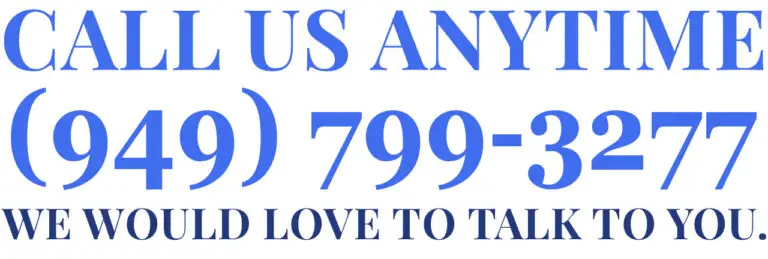A few weeks ago, I played golf with an old friend and former client of mine—a guy I’ve known for years. He flew in from Texas, used to play professional baseball, and—unlike most—publicly admitted to using steroids during his career. He didn’t hide from it. He didn’t pretend it didn’t happen. He owned it.
We’ve all seen the athletes who deny it, dodge the questions, or lawyer up and hide behind PR statements. He didn’t do that. He was honest. And he told me something on that course I haven’t stopped thinking about.
He said, “Justin, sometimes I think the guys who never got caught are the ones still stuck. I know it would be healthier—more cathartic—for them if they had been.”
The Denial Trap
He wasn’t just talking about baseball players. He was talking about human nature. And if you’re facing federal sentencing or under investigation, this is for you.
We all know what it’s like to make a bad decision and want to bury it. To pretend if no one finds out, maybe it didn’t really happen. But it did happen. Whether you’re a ballplayer on PEDs or someone who defrauded Medicare, the truth is the same: you can’t dodge your way to peace.
You don’t have to be in handcuffs to be stuck. Some of the wealthiest people I’ve met—people who got away with it—are still haunted by the secrets they carry.
I Was One of Them
I know this because I lived it. I was a stockbroker who made decisions that hurt people. I defrauded clients. I was selfish. I rationalized it. Then I got caught.
And for the first time in my adult life, I had to stop running. No more justifying. No more denial. Just me, the truth, and a long list of consequences I had to earn. Federal prison. A felony record. Public shame.
But here’s the twist: owning it gave me something I never had before—freedom from the lie.
There’s Relief in Responsibility
That baseball player told me he felt “clean” after coming forward. I know that feeling. It doesn’t mean life suddenly becomes easy. It means you’ve stopped wasting energy protecting a version of yourself that doesn’t exist.
People think if they admit guilt, they’ll lose everything. But what they don’t realize is that dragging out the lie costs more.
I’ve seen defendants spend tens of thousands on legal strategies just to delay the inevitable. I’ve seen people lose their families, their mental health, and their shot at a shorter sentence because they couldn’t say the words: “I did it. I’m sorry. Here’s what I’m doing about it.”
That’s what a judge wants to see. Not perfection. Not excuses. A human being who finally stopped pretending.
Money Doesn’t Shield You From This
That conversation on the golf course reminded me: it doesn’t matter how much money you have. My friend played with teammates who had $50 million and $100 million contracts. You think money gave them peace? It didn’t.
They still wrestle with guilt. They still wonder if they’d feel better if someone had forced them to come clean. But no one did. So they deflect. They deny. They dodge. And it eats away at them.
The same is true in white-collar cases. I’ve worked with CEOs, doctors, entrepreneurs—people who had everything. But once the indictment came, they had a choice: own it and rebuild, or pretend it never happened and crumble in silence.
The Only Way Out Is Through
I’m not writing this for people who want to fake remorse or manipulate a judge. I’m writing this for people who are tired of pretending and ready to start over—for real.
If you’ve made a mistake, stop hiding from it. Don’t build your mitigation strategy on spin. Build it on truth. That’s the only way it works.
Own what you did. Show what you’re doing to make it right. Create a real plan—not a script. That’s the difference between asking for leniency and earning it.
I Earned the Bad—and Now the Good
It’s been over 15 years since my sentencing. I’ve rebuilt my life, but not because I avoided consequences. I earned every one of them. I surrendered to prison. I lost a career. I lived with the public label of “felon.”
But I also earned what came next—trust, work, freedom. None of that came from pretending. It came from doing the hard work of telling the truth and living in it every day since.
If this resonates, join our team this Monday at 1 p.m. Pacific, 4 p.m. Eastern. We host a free webinar to answer questions, share lessons from real cases, and help you avoid the most costly mistakes people make during a government investigation. Bring questions. Come ready to learn.



